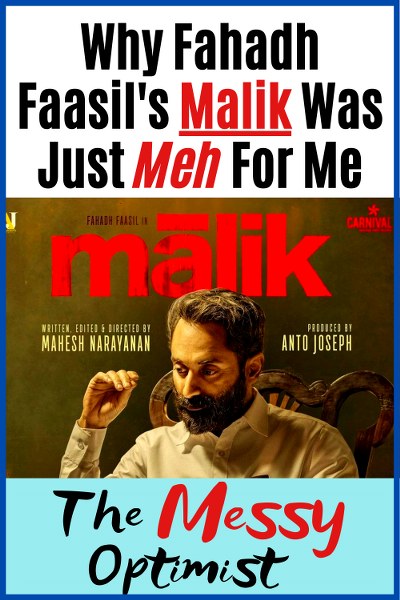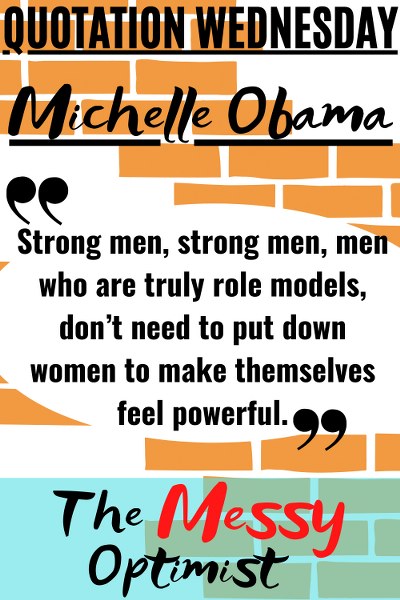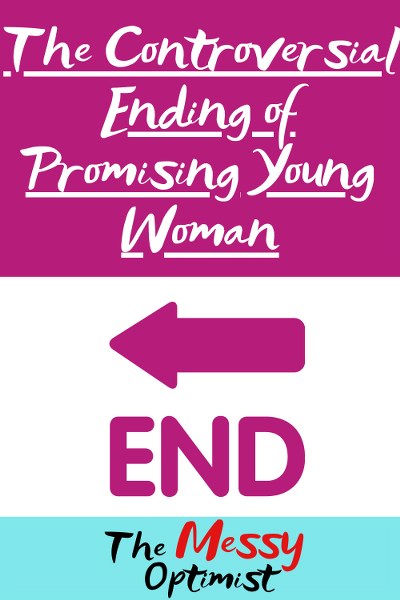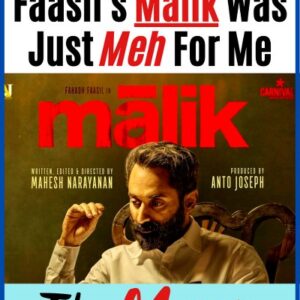Sarpatta Parambarai – How Pa Ranjith transformed a boxing saga from the 1970s into a modern day tour-de-force
by the messy optimist
Sarpatta Parambarai is a veritable assault on your senses. It is relentless. It’s fast-paced and energetic. There is barely a moment when you can pause and take a breath. It’s filled with numerous characters – all of whom have something extraordinary to do and pertinent things to say.
The film has a runtime of 2 hours and 54 minutes. That’s correct. Gulp. It is LONG.
But a more breathtaking, hits-you-in-the-gut, film I haven’t seen in a long time.
Incredibly, on paper, this film is filled with cliches and repetitive cinematic tropes and sports themes.
Story of an underdog = ✓ (The key protagonist Kabilan played by Arya)
Worthy antagonists = ✓ ✓ ✓ ✓ (Vembuli played by John Kokken, Dancing Rose played by Shabeer Kallarakkal, Raman played by Santosh Pratap, Vetriselvan played by Kalaiyarasan and more)
Sports film about boxing = ✓
Film that explores caste issues = ✓
Film about political divides and ideological differences = ✓
Characters who hate the violence involved with boxing = ✓ (Kabilan’s mother Anupama Kumar)
The strict but kind ‘teacher’ = ✓ (Rangan Vaathiyar played by Pasupathi)
That one character who believes in you = ✓ (Daddy played by John Vijay)
So…how then does writer/director Pa Ranjith take all of these cinematic tropes and still make a film that, at once, satisfies your heart and mind?
I teach Creative Writing to students. And one of the key things my students constantly ask me is, “Roopa, every idea for a story we come up with – you tell us it’s a cliché and/or it’s been done by thousands of others before us. So how on earth do we come up with an original story idea?”
Good question.
And the answer is – you don’t. You can’t. The fact is that there are probably ten truly original ideas that exist in the world. And, worst of all – Shakespeare took every one of those ideas and wrote the most definitive and best version of those ideas. So where does that leave us ordinary mortals?
Our only chance then is to take those cliches, those tropes, those oft-used ideas and MAKE IT OUR OWN. And give it that personal touch that only WE can come up with. And that’s exactly what Pa. Ranjith has done with Sarpatta Parambarai.
Using boxing as a backdrop Pa. Ranjith takes us on a trip into the lives of people who lived in the 1970s in Chennai during the years of the infamous emergency period in India. It’s also the time that saw the break in the DMK party in Tamil Nadu into the DMK and the AIADMK. The film is based on true stories of clans in Chennai for whom boxing was not just a way out of their humdrum and dreary lives – it was also a way for them to be heroic and to own their place in the world around them. The two clans at the center of Sarpatta Parambarai – the eponymous Sarpatta clan and their arch nemesis Idiyappa Parambarai will live and die for their clan, for their caste.
The best part of the film is that it is at once nostalgic and very modern.
So, while the milieu is very detailed and specific and set 50 years in the past – the actual story of the underdog Kabilan is universal and is as relevant today, circa 2021, as it was back then.
Speaking of the protagonist – Arya’s Kabilan is a gentle soul who deifies his mother and will not take one step against her wishes but he also worships his boxing coach, a sport that his mother absolutely abhors. BTW – I am in awe of actors who are working in India today. Arya’s Kabilan does not have his ‘hero moment’ till almost an hour into the movie. Unlike the past where heroes announced their arrival onscreen today’s actors are slaves to the larger storytelling process.
And that brings me to the next amazing aspect of Sarpatta Parambarai .
There is a veritable bounty of incredibly well-etched out supporting characters in the film. By my count – Kabilan has not one but five antagonists in the film. And each one of them has a well-written and well-defined role. And what’s even more commendable is that these are not black-or-white bad guys. They are human beings with their own backstories, their own paths that push them in directions that may be against Kabilan but looked from their perspective – we – the audience sympathize and empathize with them.
You feel for Vetri who is willing and ready to fight but is dismissed by his own father for someone else. You feel his pain. Same with Raman. Vetri and Raman have spent time in the trenches and when they don’t get their just desserts – they act out. How can we not empathize with that? Dancing Rose brings the house down with his nifty footwork. He maybe cocky and arrogant but he is also ethical and wants to win only if he deserves it. And, of course, Velu – the key antagonist. A boxer who will do what it takes to bring glory to his clan. And kudos to the director for making the so-called villain of the movie as heroic as possible. If you think that Kabilan has it easy against Velu – perish the thought. Literally, until the last three minutes of the film you have NO idea who is going to win. In fact, there were moments when the fight was so evenly split between the protagonist and the antagonist that I genuinely wondered which way the story would go.
The film is an embarrassment of riches when it comes to its other characters as well. Kabilan’s mother – a broom-brandishing woman who beats the crap out of a son who otherwise takes on the biggest fighters in a boxing ring. The Anglo-Indian Daddy – Kabilan’s surrogate daddy – you fall in love with the ‘bugger’ and get choked up each time he shows up for Kabilan. Kabilan’s wife – crazy in love with her husband, she is sometimes a coquette and other times a strong and willful woman who has her way. And, of course, the stoic Rangan Vaathiyar, AKA, Kabilan’s boxing guru – his is the character that anchors this story from start to end.
Despite the considerably long runtime of the film – it never lags. The language, the clothes, their vocation outside of the boxing ring, their home lives, their friendships – the film is deeply rooted in the Chennai of the 1970s. The extraordinary boxing sequences, the sound effects, the non-stop commentary that reminded me of the WWF games, the wit, the pace of the movie, the fast-editing cuts, the pulsating and vibrant ambience of a boxing ring (it could be 2021 in Las Vegas and the UFC final bout), the repartee between the characters, their ambitions, the political milieu (it could just as easily happen today), issues of caste that are also current – even as the movie is based at a time when there was no internet or even TV (well, barely any TV in India) it doesn’t feel old or old-fashioned.
It feels modern. It feels now.
And that’s how you take a theme that’s been done to death, deal with tropes that any audience in 2021 can see from a mile away but still make it authentically YOURS. Pa Ranjith’s film is based in the 1970s – but it doesn’t feel dated. Even though the movie deals with one more iteration of the boxing film trope – it doesn’t feel regurgitated and feels new and authentic.
Take a bow – the entire team of Sarpatta Parambarai .
I know exactly what movie my students will watch for their film class! 😊 😊 😊



